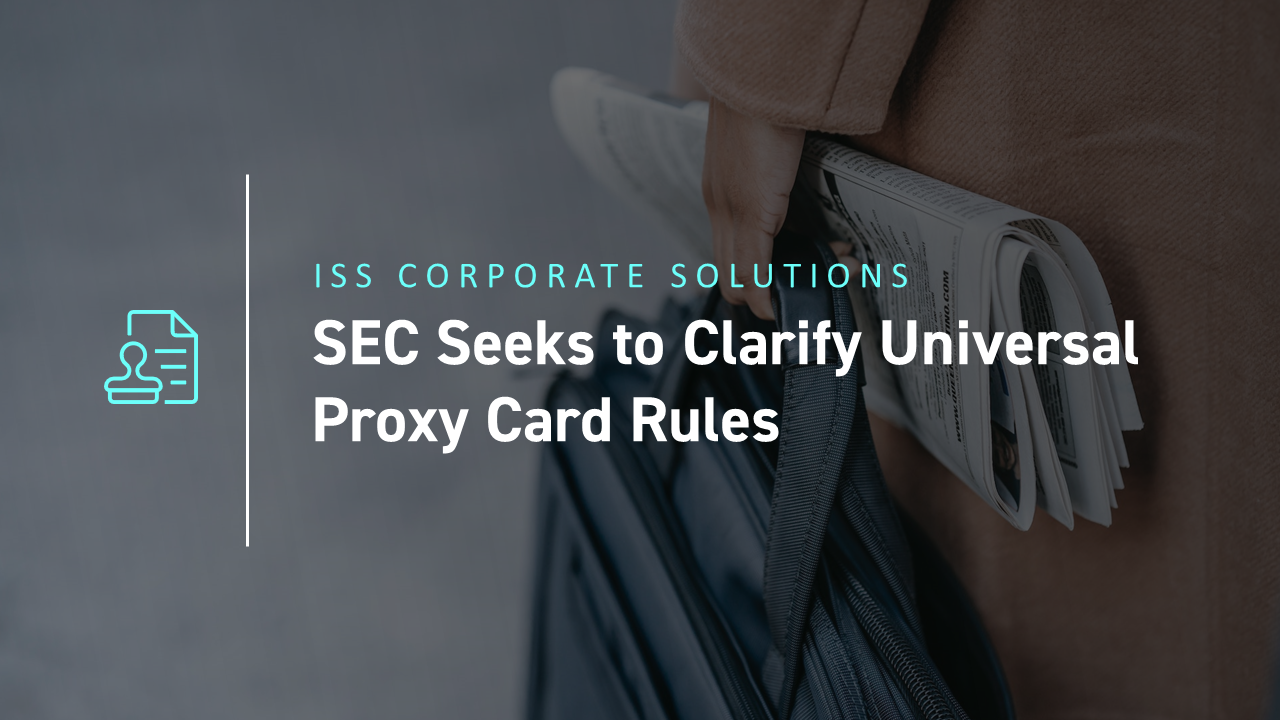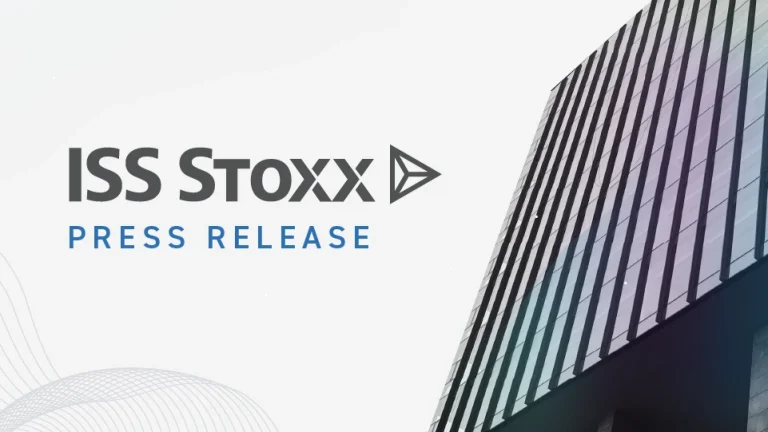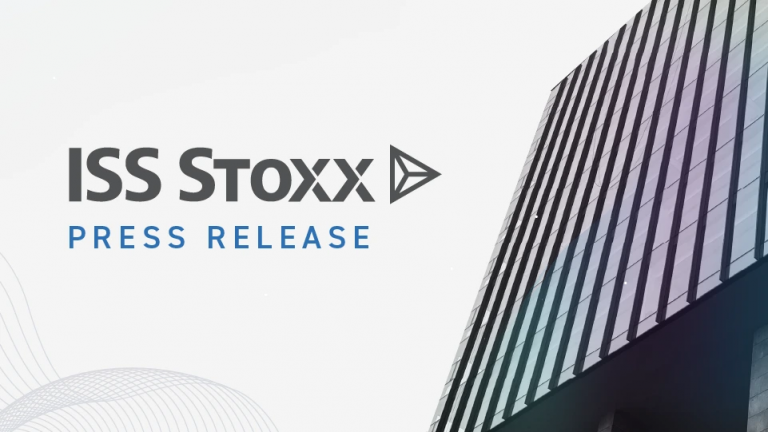The Securities and Exchange Commission has provided new guidance for companies and dissident shareholders on the use of universal proxy cards, about which a number of questions have been raised since they were introduced for all contested director elections after Aug. 31, 2022.
The SEC’s corporate finance department issued three new Compliance and Disclosure Interpretations (CDIs) in December, adding to three others released in August. They deal with questions regarding compliance by dissident shareholders with “advance notice provisions,” the use by dissident shareholders of their own proxy cards and so-called “contested solicitations.”
We wrote about the introduction of the universal proxy card in November 2021, and since then they have only been used three times. Principally, a universal proxy card requires all directors in a contested election, both a company’s own nominees and any shareholder or dissident nominated directors, to be listed on a single proxy voting card, whether physical or electronic.
Announcing the rule change, SEC Chair Gary Gensler said that the UPC would “put investors voting in person and by proxy on equal footing.” Under previous rules, only shareholders attending the meeting could vote for both a company’s directors and any dissident-nominated candidates.
The first of the new CDIs deals with whether a company can exclude director nominees if it determines that the dissident shareholder failed to comply with its advance notice requirements. The SEC’s answer is ‘Yes,’ they can be excluded.
The SEC sets a 60-day advance notice period for UPCs, but companies may have different requirements under their own bylaws. And, as an earlier CDI in August makes clear, the 60-day notice in the regulations is a minimum. Companies are within their rights to set a longer notice period, as long as it is disclosed in their proxy statement.
The second December CDI deals with what might happen if a dissident shareholder initiates litigation contesting a company’s determination that a nomination failed to meet its advance notice requirements. Again, the answer is at first simple: disclose the basis for the exclusion and let shareholders know that litigation has been initiated and what the risks from that action might be.
However, if the dissident shareholder’s legal challenge is successful, the company will need to issue new UPCs and give shareholders enough time to vote on them.
The last of the newest CDIs notes that a dissident shareholder cannot rely on the company’s UPC to do their work for them by simply filing a proxy statement with the SEC and not sending out their own UPC. Such conduct is prohibited because UPC rules require dissidents to solicit votes representing at least 67% of the voting power of shares.
One of the CDIs issued in August (CDI 139.01) deals with whether a dissident shareholder can include more nominees than are likely to have proxies solicited for them. While the short answer is ‘no,’ the SEC staff recognizes that dissidents may have reasons to change the make-up of their proposed directors (for example, if a nominee withdraws). So, it is possible for a dissident to propose the names of the main nominees and then provide a list of additional names that might be presented for election if the original slate needs to change.
A second question addressed in August concerns a situation where a company is being targeted by multiple dissident shareholders, each with their own list of nominees. In this instance, the SEC staff says that it is the company’s responsibility to notify each of the dissidents of all contested director election nominees so that each one can compile its own UPC with all possible candidates for election.
By: Paul Hodgson, Senior Editor ISS Corporate Solutions



